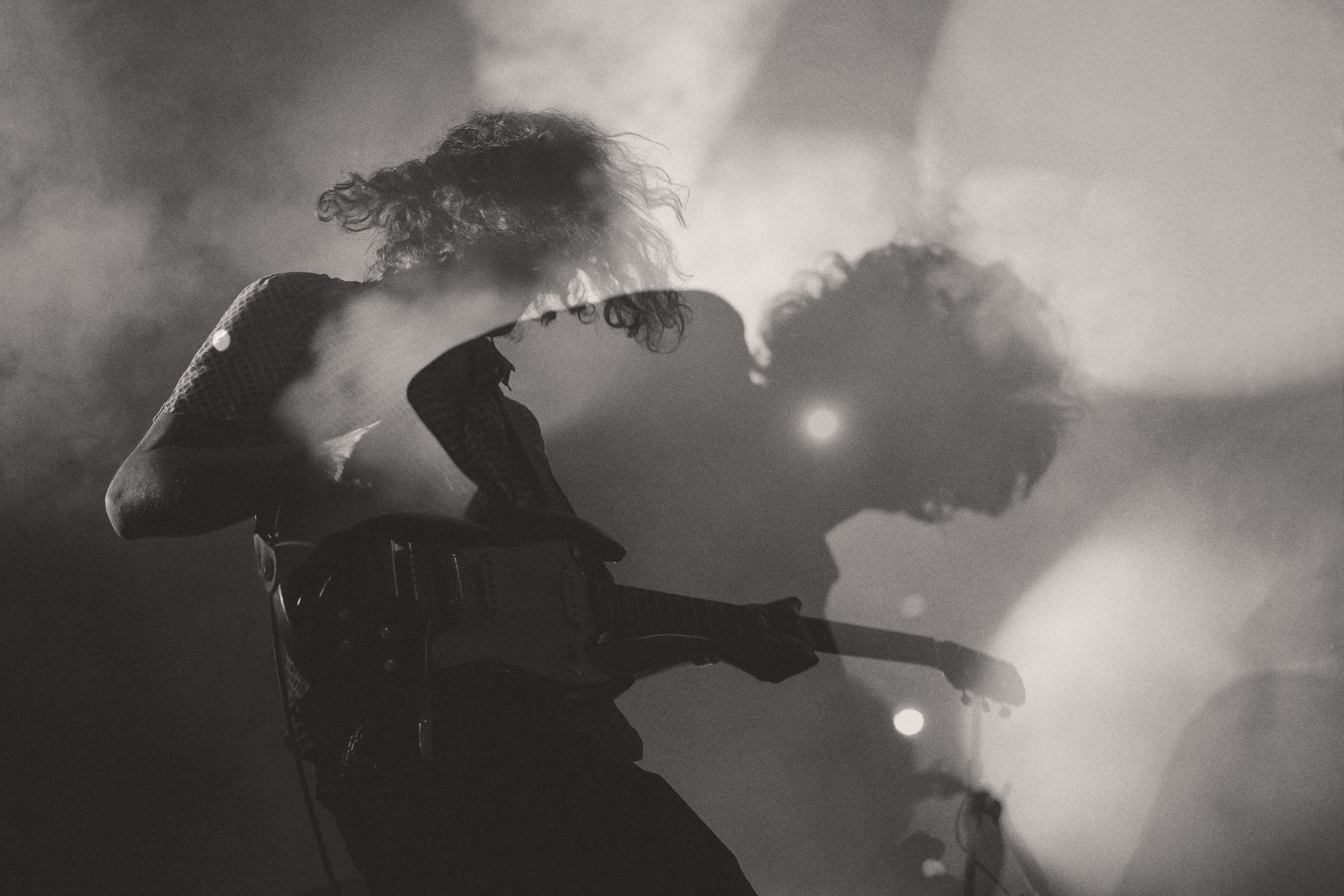
And the album’s closer, “Not Without Haste,” is a beautiful lullaby meant more for singing a restless man to sleep than a still-innocent child. It’s a force of a song, and not your firmest pick nor hard-earned callous could weather that storm.īabel has some other unexpected moments, too, like on “Hopeless Wanderer,” which begins with keys instead of strum, and “Lover of the Light” is a sunnier moment, perhaps a nod to the singer’s recent vows (“to have and to hold,” Mumford howls on the track). And “Broken Crown” is the boys at their angriest yet: “I’ll never be your chosen one,” Mumford sings lightly before launching into an all-out war over minstrel plucks. Those influences run a little more clear on Babel – “Ghosts That We Knew” and “Reminder” are both soft, melancholy stunners born out of grassy hills and cockney-tinged tales told in wood-paneled bars. While the band is mostly known for their “Americana” sound, they also pull references from their side of the pond: from both classic British countryside folk and Celtic punk bands like The Pogues. Every time they perform – live or on Babel – they do it with sheer fervor, as if it’s both their first and last time. Purists aside, there’s no one else that can get an audience from ages eight to eighty screaming along to a bunch of acoustic instruments or urge a kid to choose guitar lessons over computer games. The lyric and melody could easily be a Fray song if you removed the plucking banjo –and that’s the amazing thing about Mumford & Sons. The album’s single, “I Will Wait,” is an easy crowd-pleaser moment with an arena-ready hushed chorus, set to those furious strings. “This cup of yours tastes holy/but a brush with the devil can clear your mind,” Mumford sings on the second track “Whispers in the Dark.” It’s an anthem call with a firm statement: “I’m a cad but I’m not a I’m not a fraud / I set out to serve the lord.” Maybe the trials and tribulations of being simultaneously loved and harangued have worn on the Mumford’s, but at least they can prove to themselves, their audience or even their lord that this stuff comes from the heart. Obviously, Babel deals in a lot of religious imagery and lyrics – with all the success and opportunities to indulge, it seems the boys have taken a moment to ask a few questions of their maker. Marcus Mumford has always been a bit of a melancholy fellow, and even a marriage to pixie-haired starlet Carey Mulligan, sold-out shows and Grammy nominations haven’t shaken the teary introspection from this set of songs.

And in many ways, that suits them just fine. Thus Babel’s not a new sentence in the book of Mumford & Sons – it’s what happens after an ellipses. Even pop addicts can’t deny the catchy craft of “Little Lion Man” or “The Cave.” No one is looking for their Kid A. But who would that audience be, anyway? The band is no doubt polarizing: old time and bluegrass faithfuls wouldn’t be caught dead with a copy of Sigh No More, and their most ardent followers are more likely to have an iPod stocked with Coldplay and John Mayer than Bill Monroe or Doc Watson. For those devotees looking for the Mumfords to evolve drastically, well, you’re out of luck. So it’s no coincidence, it seems, that the band’s highly anticipated sophomore record begins exactly where we might expect, and the rest of LP that follows proves that this isn’t an attempt to smash any expectations with a sudden progression of their style. You can nearly hear the sweat flying off Marcus Mumford, his Martin instrument hiked high on his chest, every time he and banjo player Winston Marshall attack their strings. And it’s how the band’s second album, Babel, opens on the title track: with that same very strum, born somewhere between English mountain folk and an old time Appalachia.


Now, the chugging, kinetic strum of Mumford & Sons is slowly creeping onto this revered list – not born out of extreme skill or virtuosity but by sheer branding, note for note.

There are some guitar sounds so indelibly stuck into our collective pop-consciousness that even those who can’t tell a minor from a major chord can identify the band or player from just a few riffs –a dreamy John Lennon lick, the cosmic climb of Joe Perry, Slash’s slash, Nirvana’s fuzzy-barre rips, the post-punk fury of Sonic Youth.


 0 kommentar(er)
0 kommentar(er)
